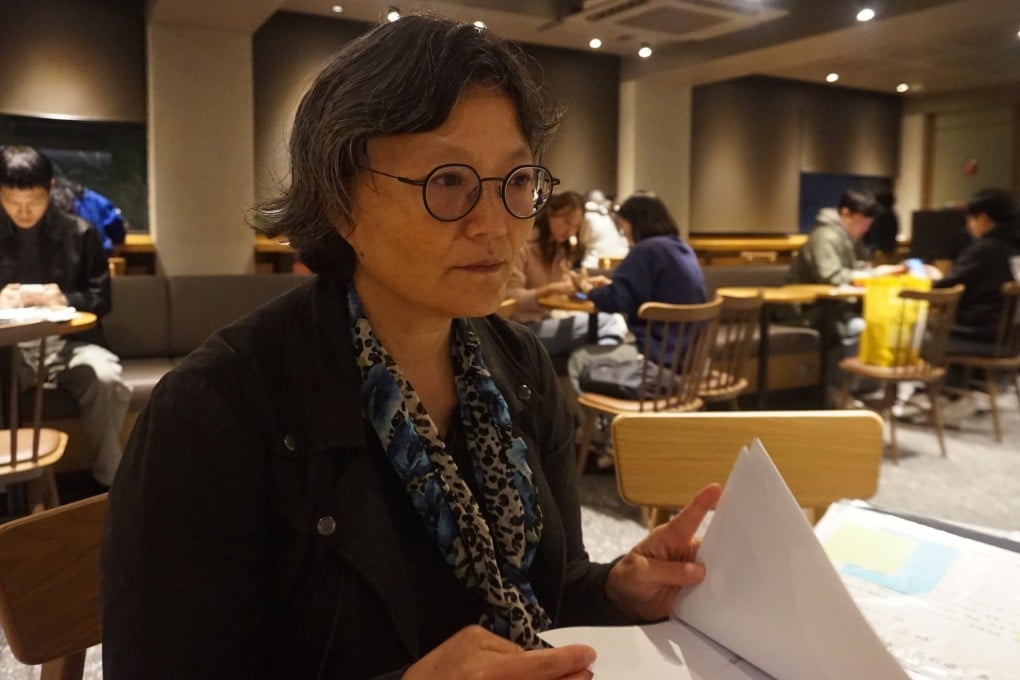South Korea’s battered child adoption industry left many in limbo for decades
Ahn Andersen is one of many adoptees who have spent decades searching for their Korean roots, facing roadblocks from adoption agencies and government bodies

In a quiet cafe nestled in Seoul’s vibrant Itaewon district, 56-year-old Ahn Andersen carefully unfolds a set of preserved documents – the only tangible links to a past she’s been pursuing for decades.
She was sent to two orphanages and a foster home within 26 months of her birth before being adopted by Danish parents. Yet, she remains sceptical of the very papers that record her origins, doubting even the authenticity of her Korean name, Ahn Mi-sun.
“I visited Holt Children’s Services office six times and emailed the National Centre for the Rights of the Child (NCRC) for years to see files on my birth parents, but they will come up with different reasons to hide it from me. Or they will just not reply,” she tells This Week in Asia.

Andersen, currently living in Seoul until her visa expires next year, is not alone in her fight. She is a member of the Danish Korean Rights Group, which consists of over 800 fellow adoptees from South Korea. In 2022, they presented their adoption cases to the Truth and Reconciliation Commission to investigate agencies like Holt for potential corruption and malpractice, including instances where children were forcibly separated from their mothers.
